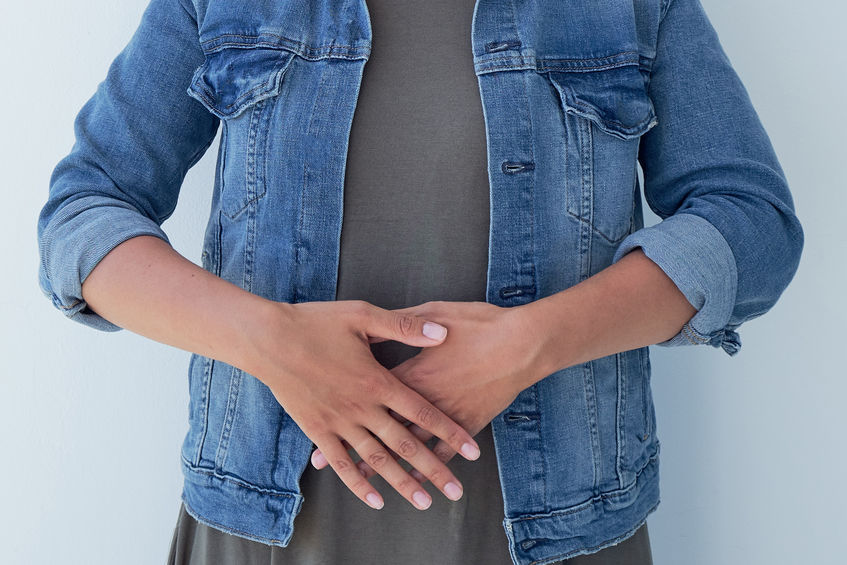If you’re feeling poor or under the weather, particularly with stomach upset, you may be told to eat a bland diet until you’re better. A bland diet is one which consists of foods that are soft, cooked, low in fat, not spicy, and low in fiber. These types of foods are less likely to upset the GI (gastrointestinal) tract, which is why they’re recommended during bouts of stomach illness. A bland diet helps you get the nutrients you need while you’re feeling sick, without upsetting your stomach.
Who should eat a bland diet?
Health conditions that might warrant a bland diet include people with ulcers, heartburn, upset stomach, gas, loose stools, cancer, or vomiting. If you’re not sure whether a bland diet is right for you, speak with your health care provider.
How do you eat a bland diet?
When eating a bland diet, you should try to avoid large meals and instead eat smaller, more frequent meals throughout the day. It is best to keep away from spicy or overly seasoned foods while following a bland diet. It is also prudent to avoid fatty foods, like fried foods and high-fat dairy products. Eat food and drink fluids slowly. Avoid eating within two hours of going to bed.
Some foods that are good to eat while following a bland diet include eggs, peanut butter, bananas, melons, cooked vegetables, lactose-free products or low-fat milk or dairy products, soup and broth, lean meats with no added fats, breads, crackers, and pasta (made with white flour). These are just a few good foods to eat while following a bland diet. Sometimes the bland diet is also called the BRAT or BRATT diet. BRAT stands for bananas, rice, applesauce, and toast. This is an easy acronym to remember, but those are not the only four foods you can eat while following a bland diet.
Is milk causing your discomfort?
Foods you should try to avoid while following a bland diet include full-fat dairy products, raw vegetables, citrus fruits and vegetables that may cause heartburn, whole grains, pickles, sauerkraut, spicy foods, seeds and nuts, fattier cuts of meats, fried foods, chocolate, alcohol, mint flavored foods, and strong cheeses (i.e., Bleu cheese), to name a few. For more examples of food on the bland diet, visit resource two below.
Can Nexium help with your Stomach and Esophagus Issues?
If you are not feeling better in two to three days or are feeling worse after following the bland diet for an acute sickness, contact your healthcare provider. If you are losing a lot of fluids and have signs of dehydration, like dark or no urine for more than eight hours, dry mouth, lack of energy, or feeling faint, you should contact your healthcare provider right away. The bland diet may help for some situations and stomach illnesses but may not be right for everyone. For any questions about the bland diet, or whether it is right for you, you should consult with a medical professional.
Resources:
1) https://www.mskcc.org/experience/patient-support/nutrition-cancer/diet-plans-cancer/bland-diet#what-are-the-foods-you-can-eat-on-the-bland-diet-
2) https://gastropa.com/patent-education/diets/bland-diet/
Disclaimer: This blog is written for informational and educational purposes only. It is not intended to be a substitute for professional medical advice, diagnosis, or treatment. Always seek the advice of your physician or other qualified health provider with any questions you may have regarding a medical condition. Never disregard professional medical advice or delay in seeking it because of something you have read or seen online.












